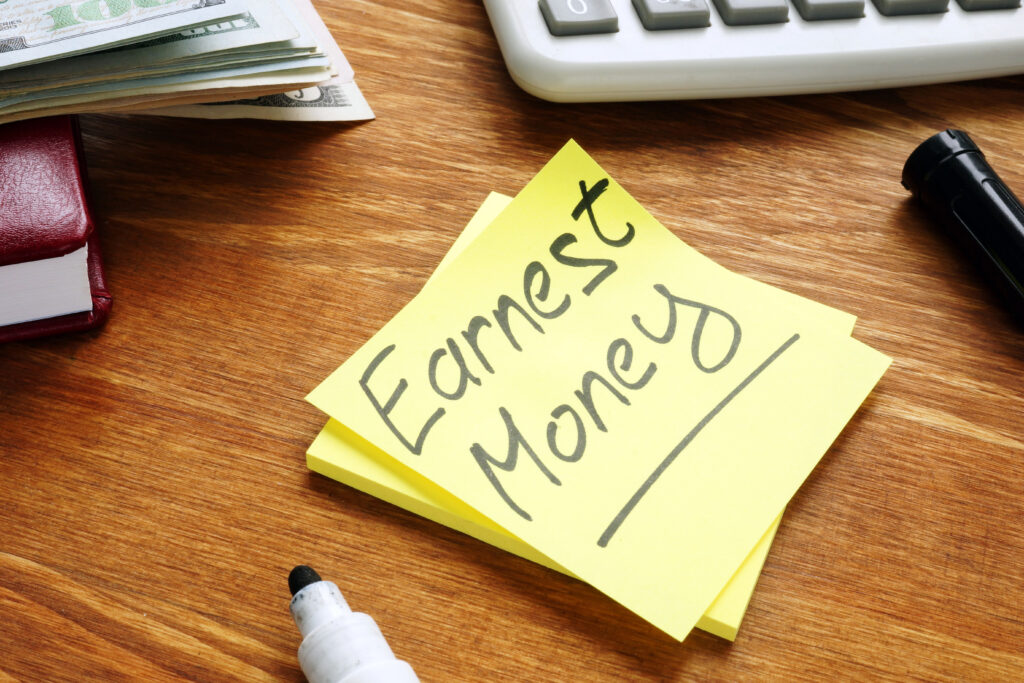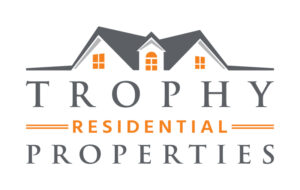You have saved and prepared your budget to pay the down payment on a home to discover that you also have to pay something called earnest money. What is this, and why do you have to pay it?
Earnest money and the down payment are not the same things, but they are intertwined. Each plays a particular role in the home purchase process to show the buyer and the lender your commitment to buy.
 Earnest Money Is A Deposit To Show The Seriousness Of An Offer
Earnest Money Is A Deposit To Show The Seriousness Of An Offer
Earnest money is money given to the seller from the buyer to show their commitment to purchasing the property. This money is considered a good faith deposit and eventually goes towards your down payment after being held in escrow.
The typical amount is between 1%-2% of the home’s purchase price but can be higher. Check the policies in your state to show how much you will pay in earnest money.
Down Payment Is Money Paid Upfront On A Home
The down payment is money paid upfront on a home—the higher the payment, the lower the interest payments. A 20% down payment is considered traditional in the United States. Still, buyers can find mortgages to pay as little as 3% or zero money down.
How much money you can put down on a home is determined by:
- The price of the home
- Cash available to you
- Your credit score
- Your mortgage program
Know How Much You Can Afford
Always take into consideration how much you can afford before you begin the process of purchasing a property. Remember that a purchase is more than the down payment and earnest money. You also have closing costs and other fees to cover.
Have A Refund Agreement
Before you deposit your earnest money, make sure that both you and the seller agree on how the funds will be handled if the deal falls through. For example, with an inspection contingency, you could back out of the agreement and have your money refunded. If you waived any contingency rights or got cold feet, you will not get refunded.


